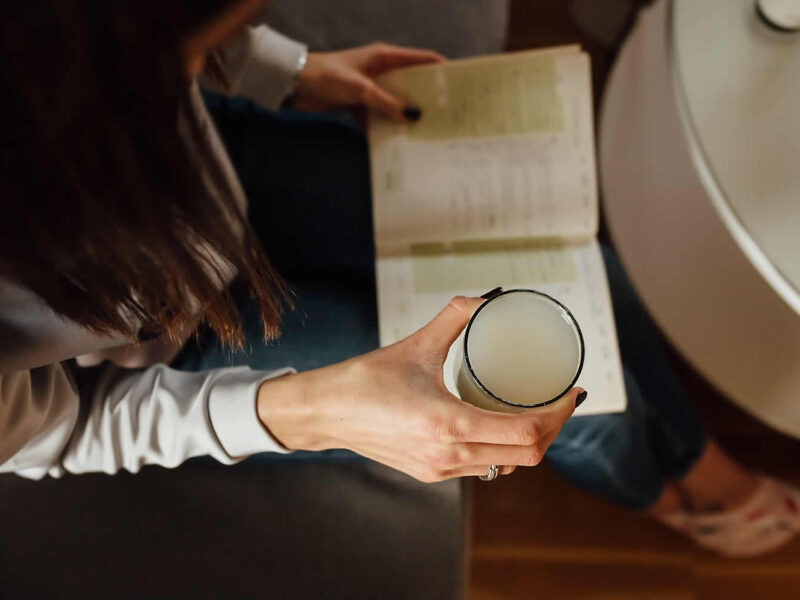Kaiser Permanente research, published in Preventive medicine, showed that people who exercised more during COVID-19’s initial lockdown period experienced less anxiety and depression. The research also revealed that those who spent more time outside experienced lower levels anxiety and depression than those who stayed indoors.
The survey-based study involved more than 20,000 participants from six regions in the United States that Kaiser Permanente serves. These included Hawaii, Colorado and Georgia as well as Southern California and Northern California.
“What these study findings tell us is that even during an active pandemic or other public health crisis, people should be encouraged to be physically active to help maintain their physical and mental health,” said the study’s lead author Deborah Rohm Young, PhD, the director of the Division of Behavioral Research for the Kaiser Permanente Southern California Department of Research & Evaluation. “Parks and other nature areas should remain open during public health emergencies to encourage outdoor physical activity.”
COVID-19 became a global pandemic in March 2020. Public health officials tried to limit the spread of COVID-19 by restricting human interaction through stay-at home policies. However, there was no treatment. To stop the spread of the virus, many businesses closed down or modified their procedures. This affected the economy and many people’s employment. Many people feel more depressed and anxious due to these stressful factors and fewer chances to connect with family and friends.
Researchers at Kaiser Permanente, Southern California, sought to discover how physical activity and time spent outdoors were associated with better mental health.
Researchers sent COVID-19 surveys to over 250,000 Kaiser Permanente members in April 2020. The survey included lifestyle surveys, electronic health records data and biospecimens. Kaiser Permanente members also volunteered. This analysis did not include COVID-19 symptoms reported by people. It resulted in 20,012 respondents. Each completed at least four surveys between April 2020 and July 2020.
A high percentage of respondents were white women over 50. The majority of respondents stated that they had retired and were following the “safer at home” guidelines during the survey period. The results of the study showed that:
- Over time, reports of anxiety and depression have declined
- The anxiety and depression scores of females were higher than those of younger people and lower for Asians and Blacks compared to white respondents.
- Participants who did not exercise reported higher levels of depression and anxiety than those who exercised.
- A higher rate of anxiety and depression was seen in those who spent less time outside.
- The highest anxiety scores were reported by those who spent more time outside, although the research couldn’t explain why.
Dr. Young stated: “What we learned from these findings is that during future emergencies it will be important to carefully weigh the decisions to close parks and outdoor areas against the negative impact those closures may have on people’s mental health.”
Kaiser Permanente Research Bank funded the study.

